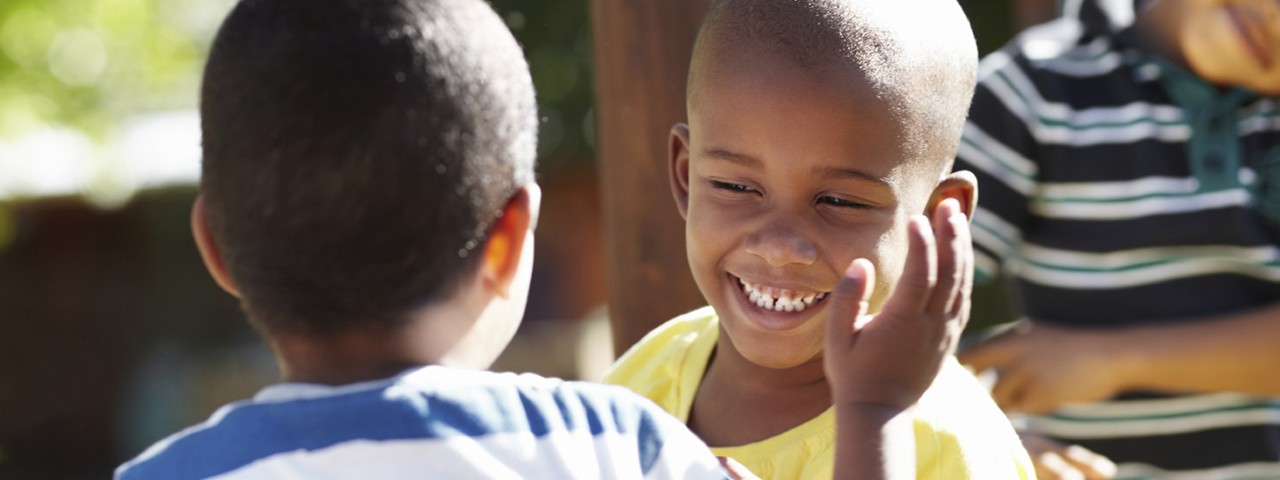What Skills Can the Fair Teach Your Kids?
- Tweet

When a child first walks into a classroom, it isn’t immediately apparent which of the letters he knows, or whether he can write his name. What is obvious though, is whether he can keep his hands to himself or communicate his feelings.
These abilities, known as social-emotional skills, are not included on most kindergarten readiness measures, but research shows that they are just as essential as the ability to count or recite the alphabet.
One Child’s Social-Emotional Skills Affect Everyone in the Class
“The most important thing [for students] is being able to use language—and when they can’t, it can be disastrous,” says Margaret Griffith, a pre-kindergarten teacher at Frayser Elementary, in a recent interview.
In addition to being able to use language effectively, a child also needs to be able to understand and follow directions, and to share with others, says Griffith. A lack of these skills affects the classroom experience of that child as well as that of his classmates.
“A child is distracting to others when he can’t sit down on the carpet with other students and instead is running out of the room or having a tantrum,” according to Griffith, who says 17 out of her 20 students came in with underdeveloped social-emotional skills. “They’re upset about something that’s not important but they can’t get control of themselves.”
As a result of these deficits, a teacher must use every opportunity throughout the day to try to teach these skills—even at recess.
“I make recess like a trip to the fair,” says Griffith. “In order to ride the ride—bikes, tricycles, scooters, dump trucks—the student has to wait in line and give me a ticket.”
These prized tickets, earned by applying classroom knowledge, teach the children basic skills in a fun but real-life context.
Good Social-Emotional Skills Enhance Learning
And though a child’s ability to wait for a turn on the playground may seem less important than reading and writing, it is clear that social and emotional skills—such as sharing—facilitate such learning.
But if children don’t have any prior experience with sharing when they enter school, even the simplest activity, like using crayons, becomes more of a distraction than a learning aid.
“They miss the point with what we’re doing with the crayons because they’re so engrossed in talking about [who has which color],” says Griffith, who at the beginning of the year must give each student an individual bag of supplies in order to avoid fights.
Early Development of Social Skills is Vital for Success
Thus even exposure to simple items like markers and rulers in the first four years of a child’s life allows him to enter school better able to focus on the curriculum rather than the tools. His interactions with parents at home and with teachers in early education programs are crucial to this development. “The kids that came from Head Start, for example…are the ones that are having the most success,“ says Griffith. “If everyone came in that way, that would be great.”
While most students do lack adequate cognitive and social-emotional skills when they enter school, “what they do all have is excitement about learning,” says Griffith. And that’s one quality that can’t be taught.
This article was written for The Institute by Danielle Cross.
